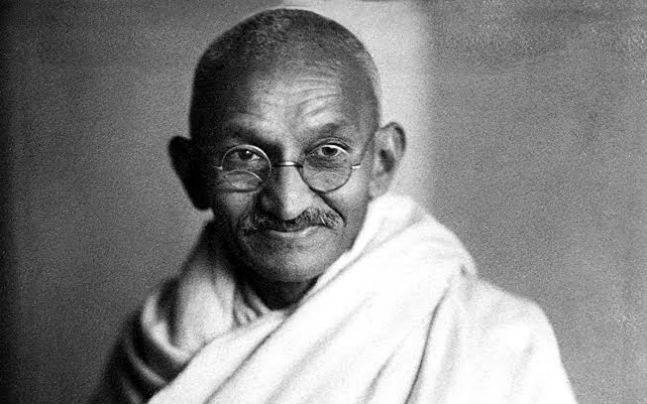Important Facts For Prelims
Gandhi Peace Prize
- 12 May 2020
- 3 min read
Why in News
Recently, the Ministry of Culture extended the nomination period for the Gandhi Peace Prize from 30th April to 15th June 2020, due to the lockdown in the wake of the Covid-19.
Key Points
- The annual award was instituted by the Government of India in 1995 during the commemoration of the 125th Birth anniversary of Mahatma Gandhi for those involved in social, economic and political transformation through non-violence.
- The award carries an amount of ₹1 crore, a Citation in a scroll, a plaque as well as an exquisite traditional handicraft/handloom item.
- The prize can be given to individuals, associations, institutions or organizations.
- It can be divided between two persons/institutions who are considered by the Jury to be equally deserving of recognition in a given year
- It is open to all persons regardless of nationality, creed, race or sex.
- The prize is not awarded posthumously.
- In January 2019, Gandhi Peace Prize was awarded for the years 2015, 2016, 2017 and 2018.
Mahatma Gandhi
- Mohandas Karamchand Gandhi was born on 2nd October, 1869, at Porbandar in Gujarat and died on 30th January, 1948, at Gandhi Smriti, New Delhi.
- He was assassinated by Nathuram Godse in the Birla House during his evening prayers.
- He was a lawyer, politician, social activist, writer and became the leader of the nationalist movement against the British rule of India.
- He is considered the Father of the Nation.
- Rabindranath Tagore is said to have given him the title of Mahatma.
- Gandhi and his ideologies played an important role in liberating India from the British.
- Gandhi’s Works:
- Journals: Young India, Navajivan, Harijan, Harijan Bandhu, Indian Opinion I and II, etc.
- Books: Hind Swaraj, Satyagraha in South Africa, The Story of My Experiments with Truth (autobiography), etc.
- Foundations: Natal Indian Congress (South Africa, 1894), Phoenix Settlement (South Africa, 1904), Satyagraha Ashram (Ahemadabad, 1915), Harijan Sevak Sangh (1932), Sevagram Ashram (Wardha, 1936), etc.






